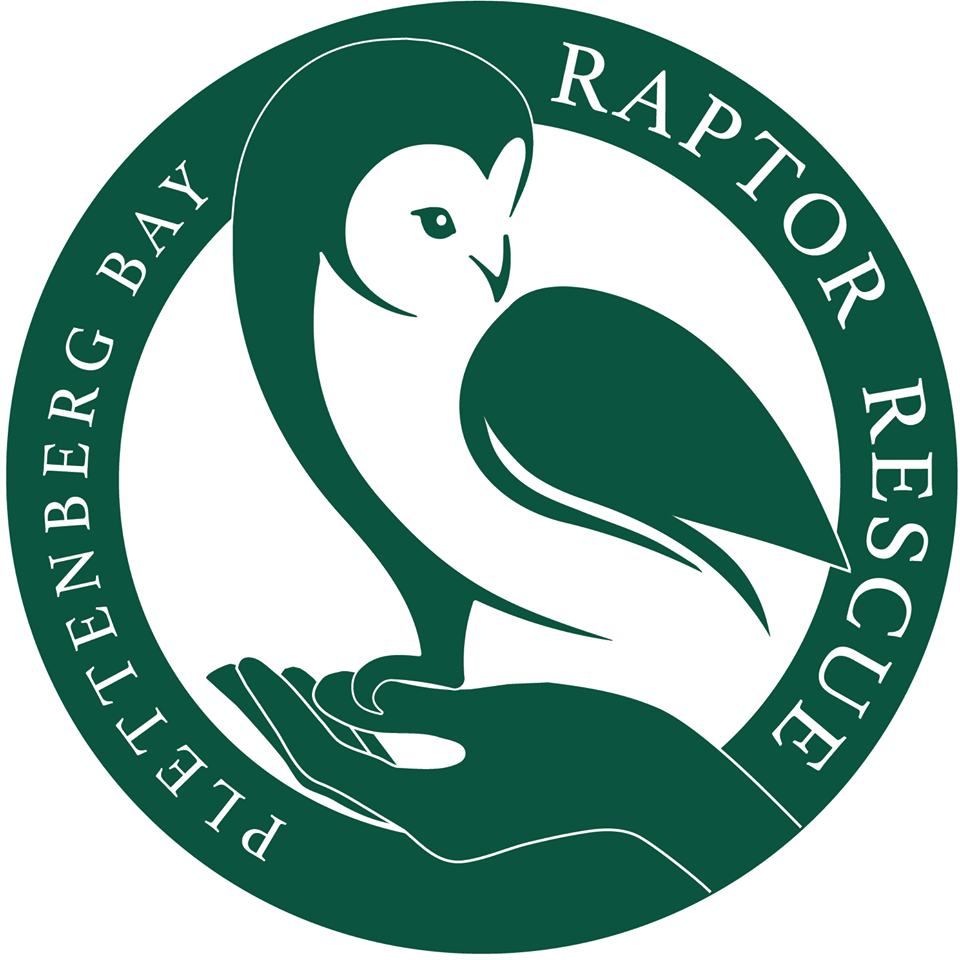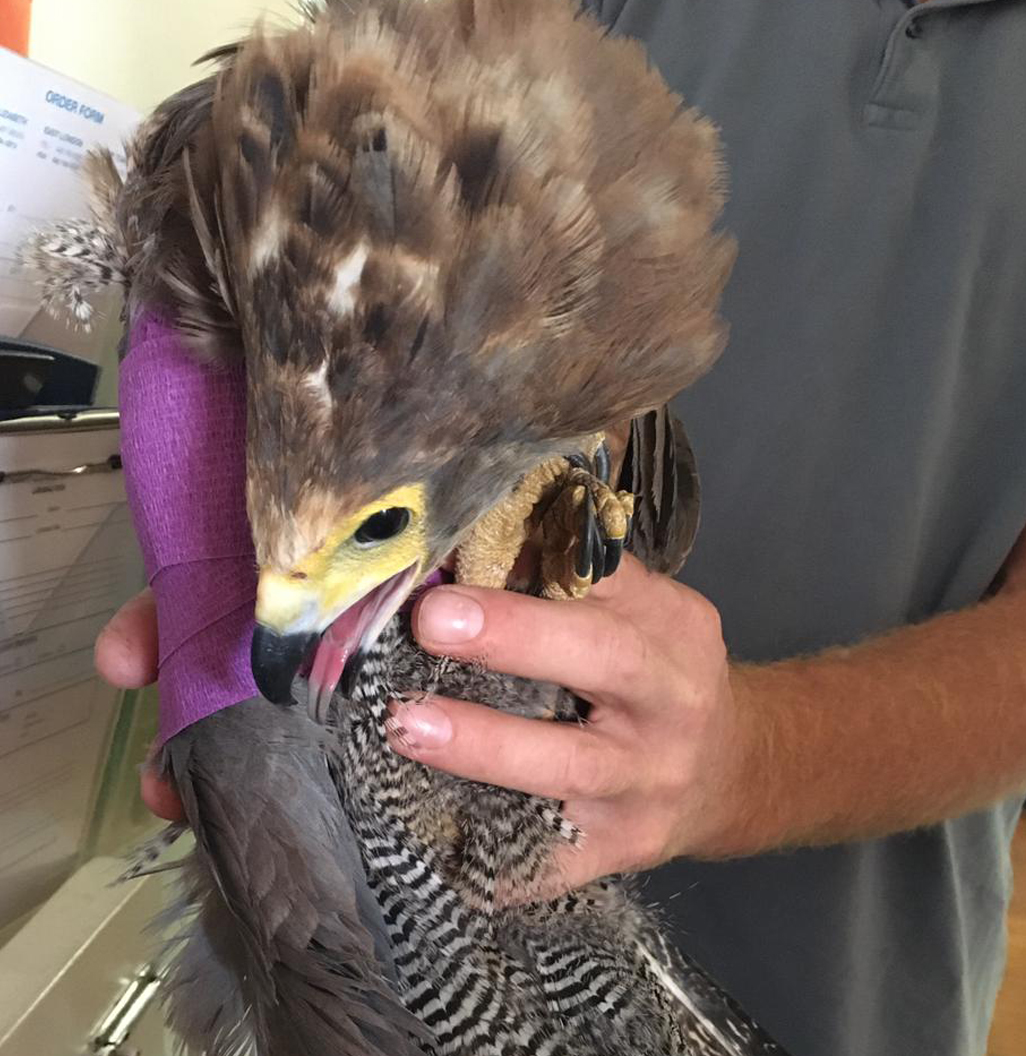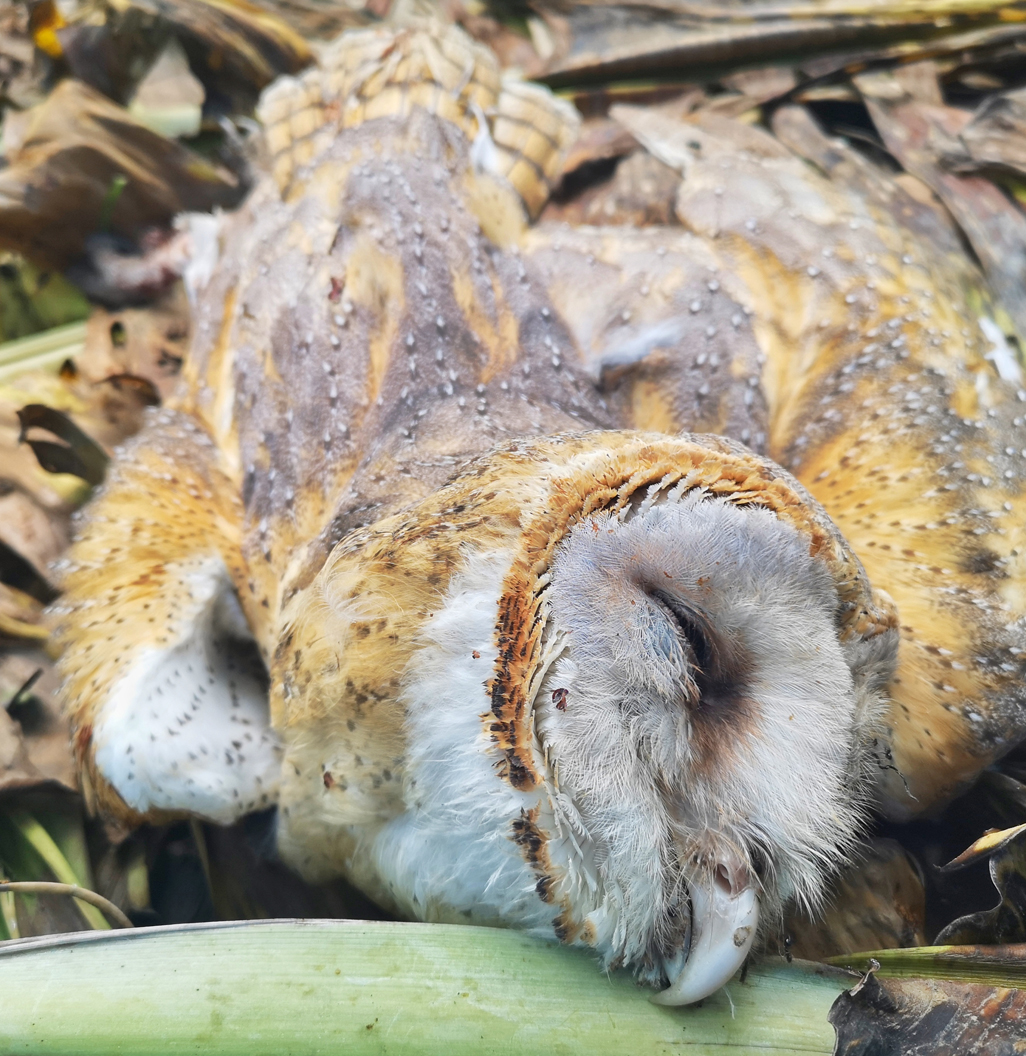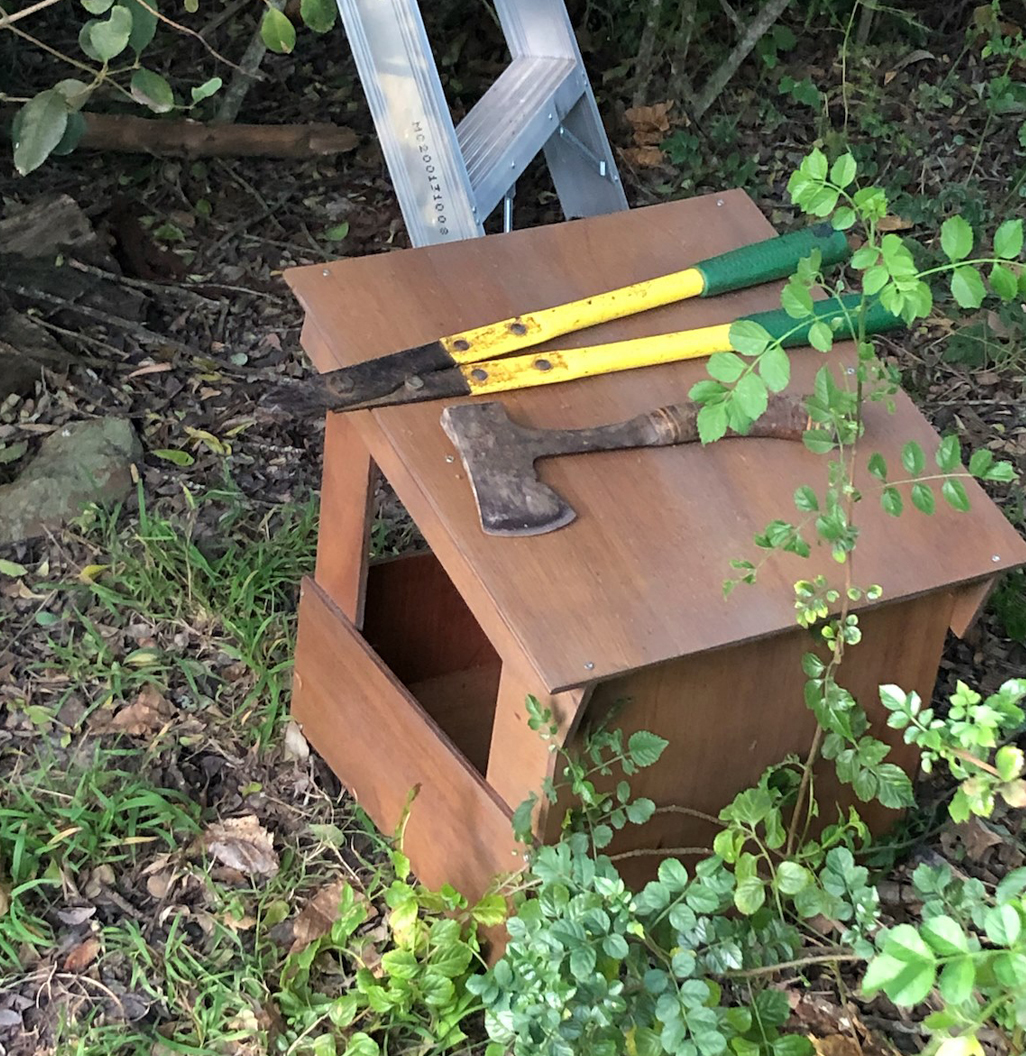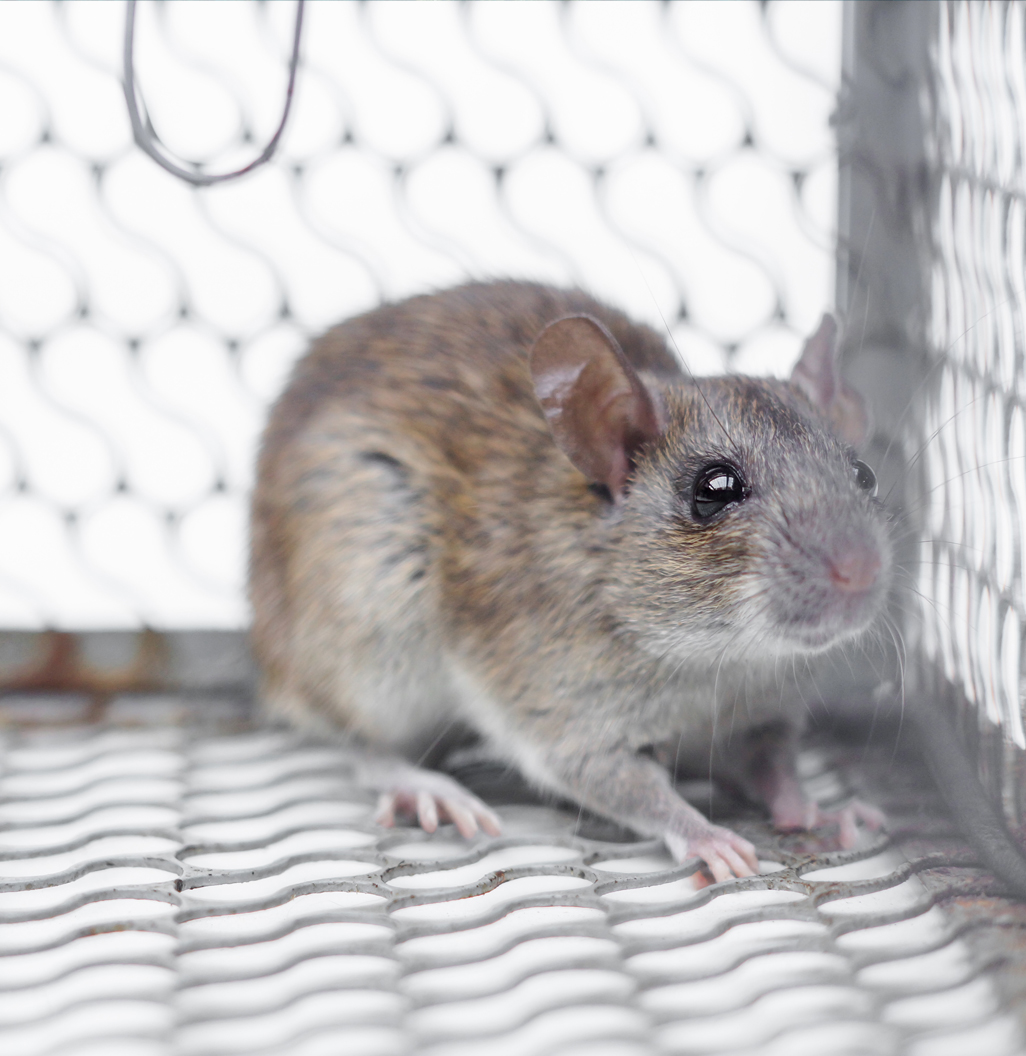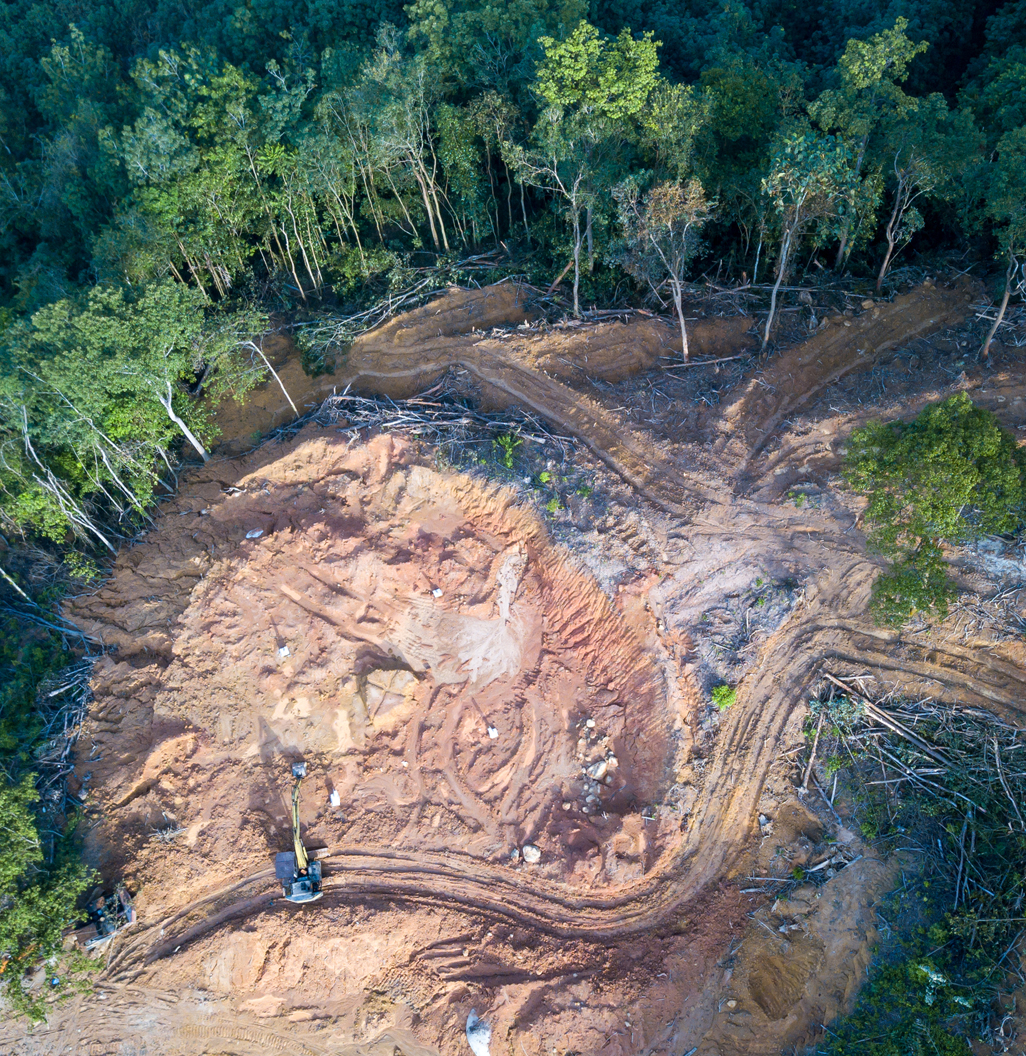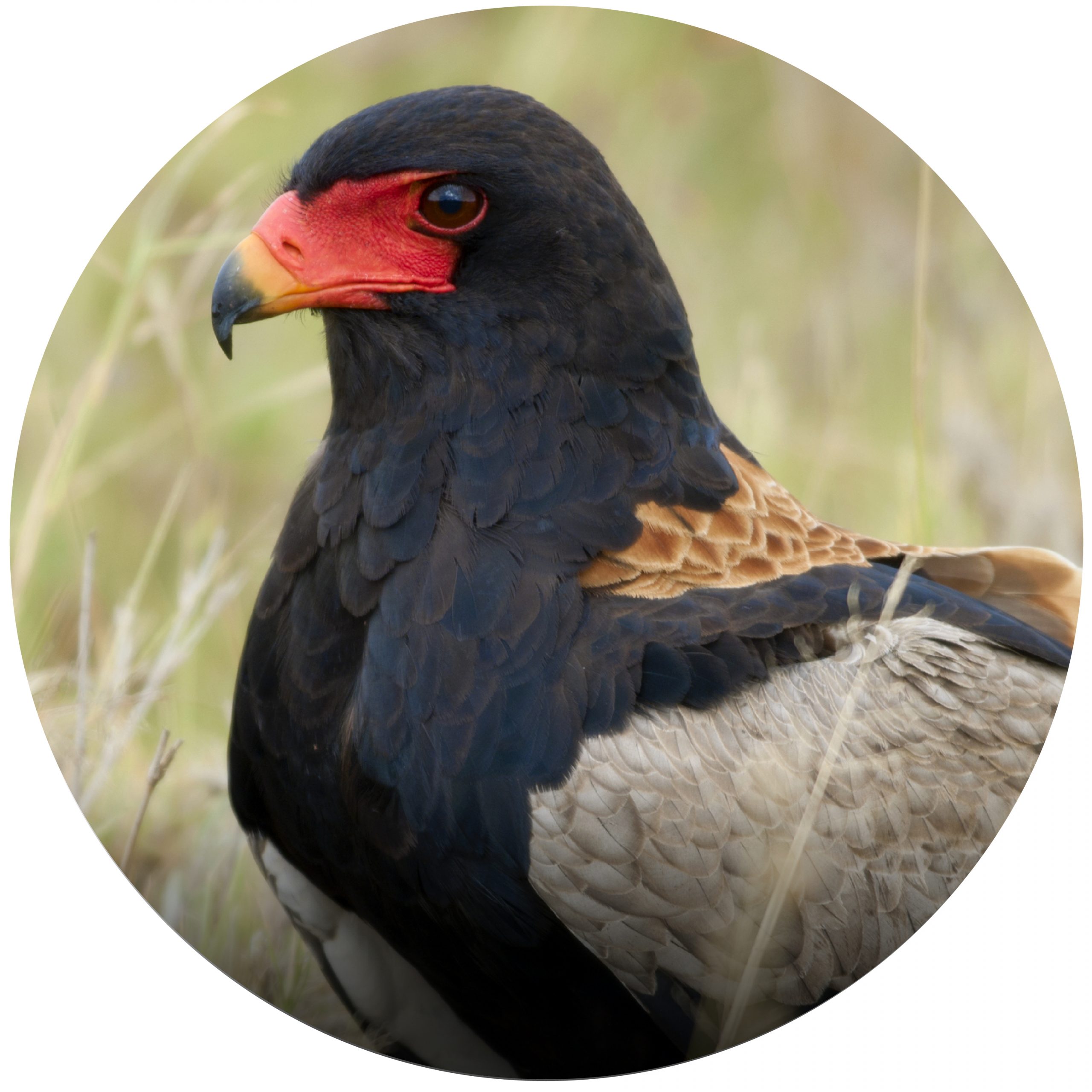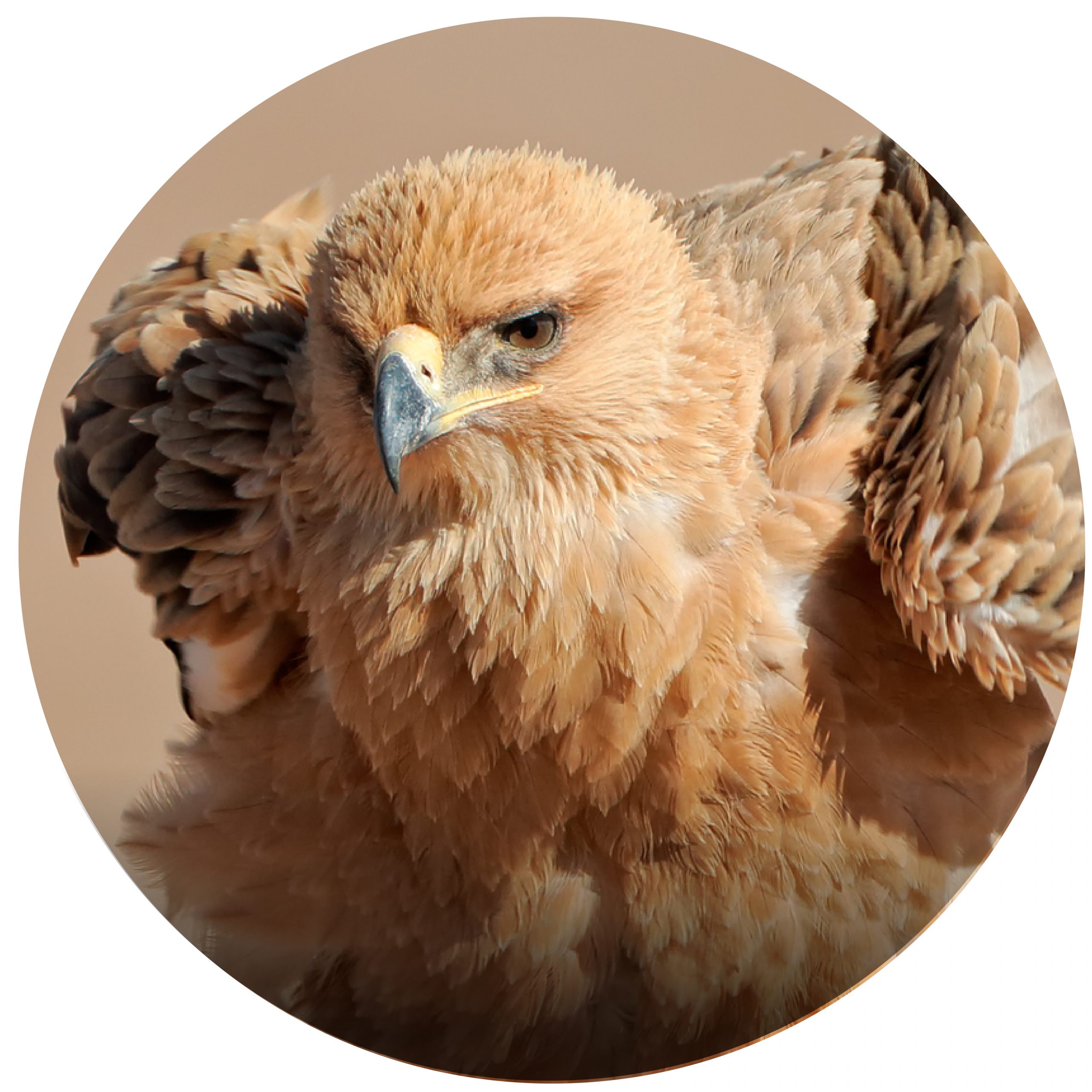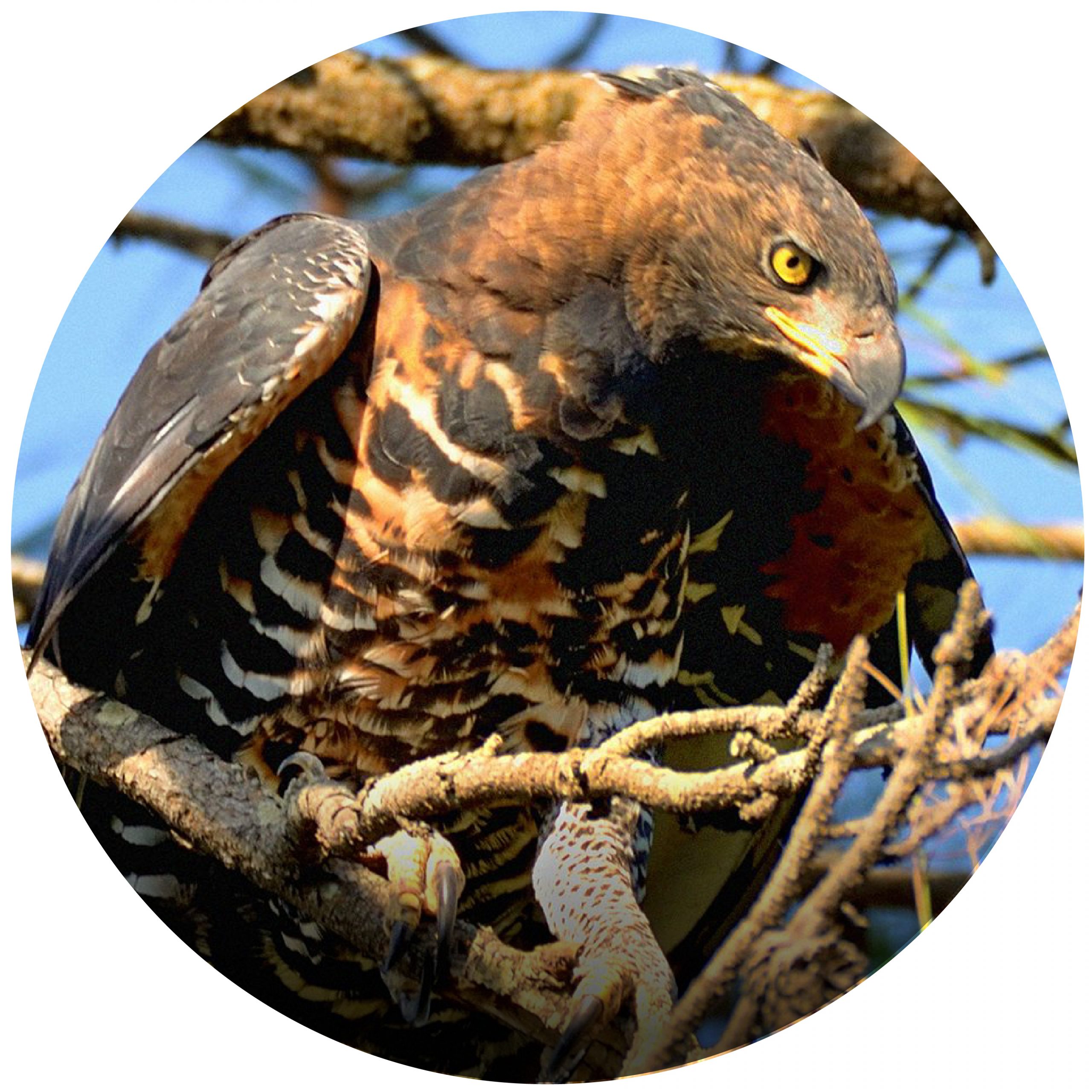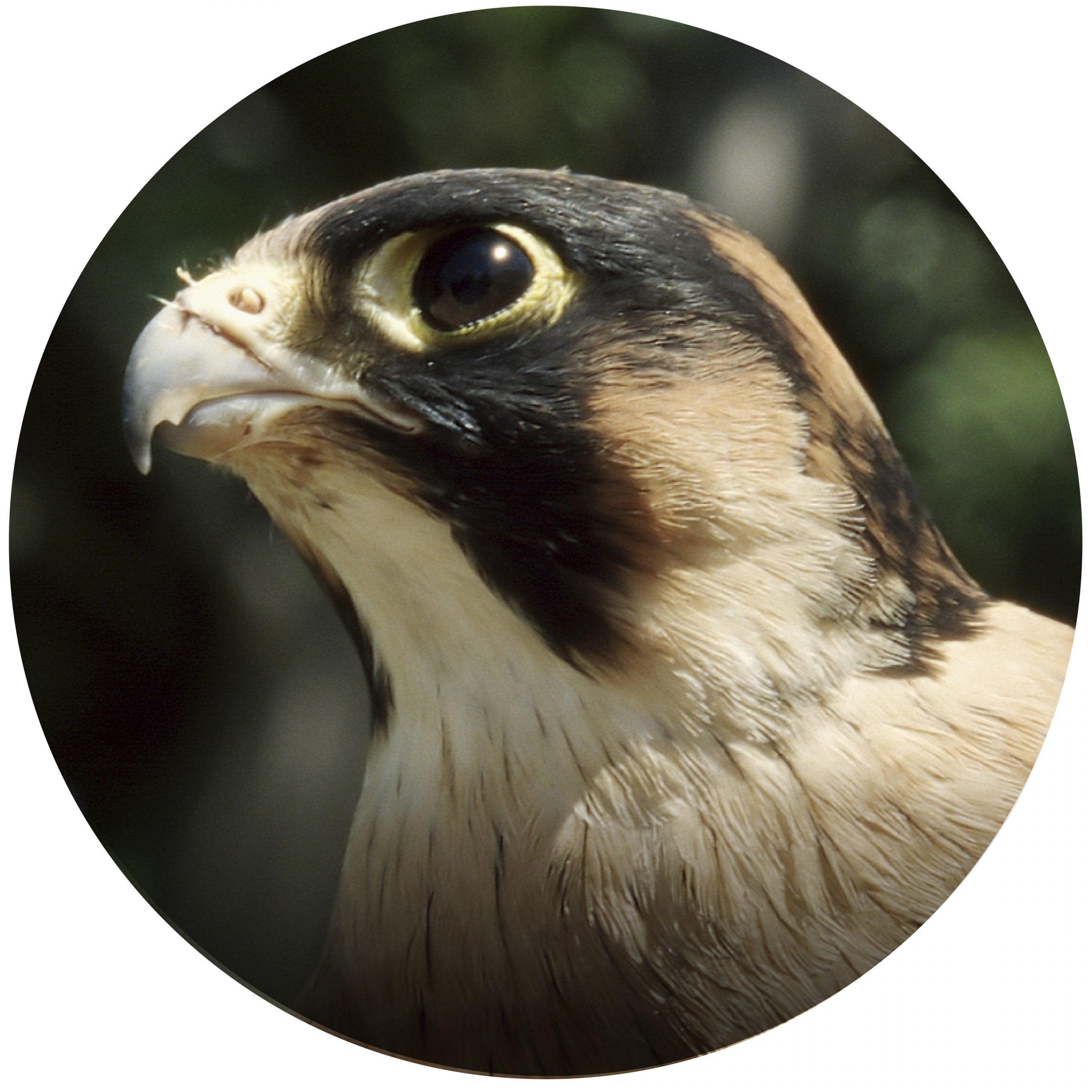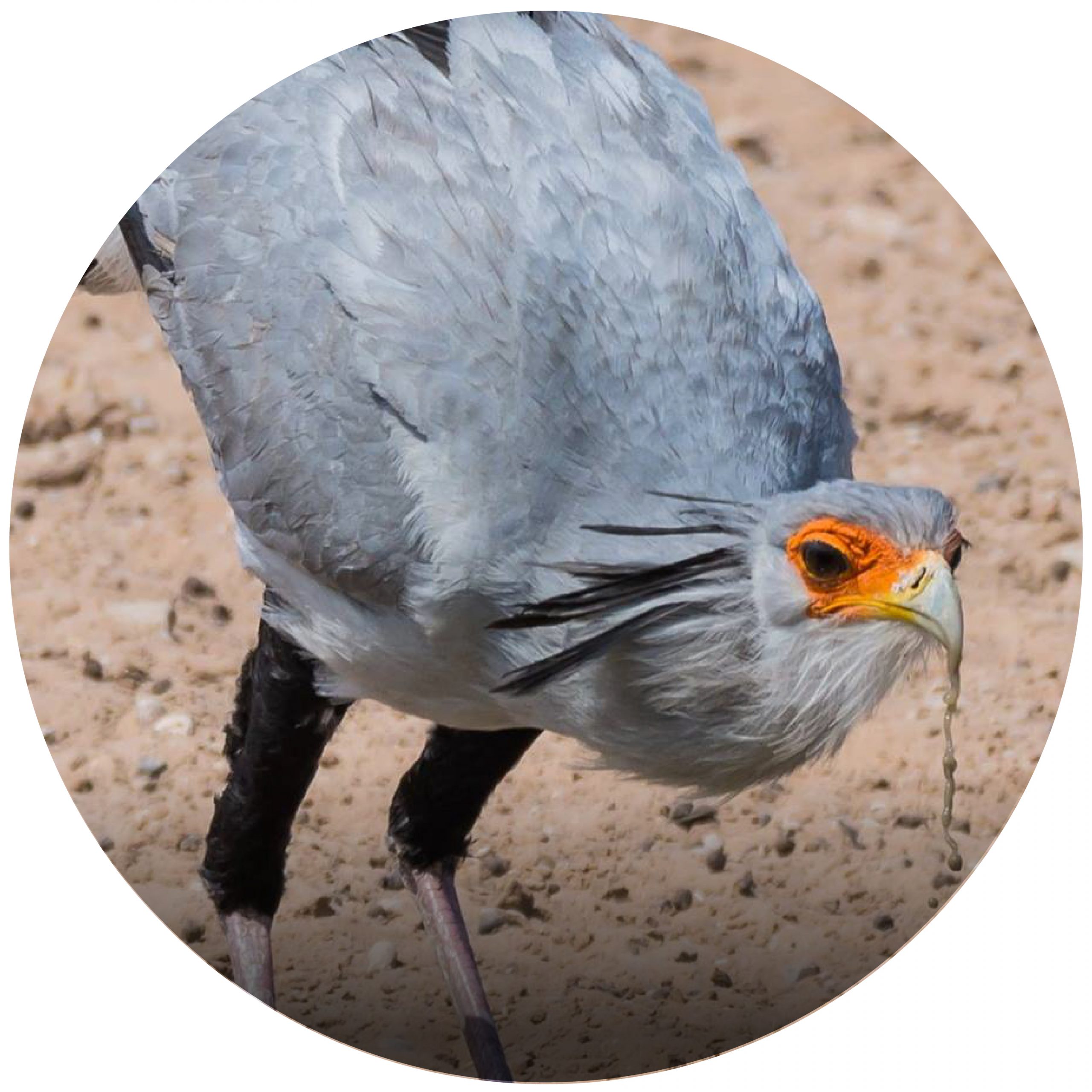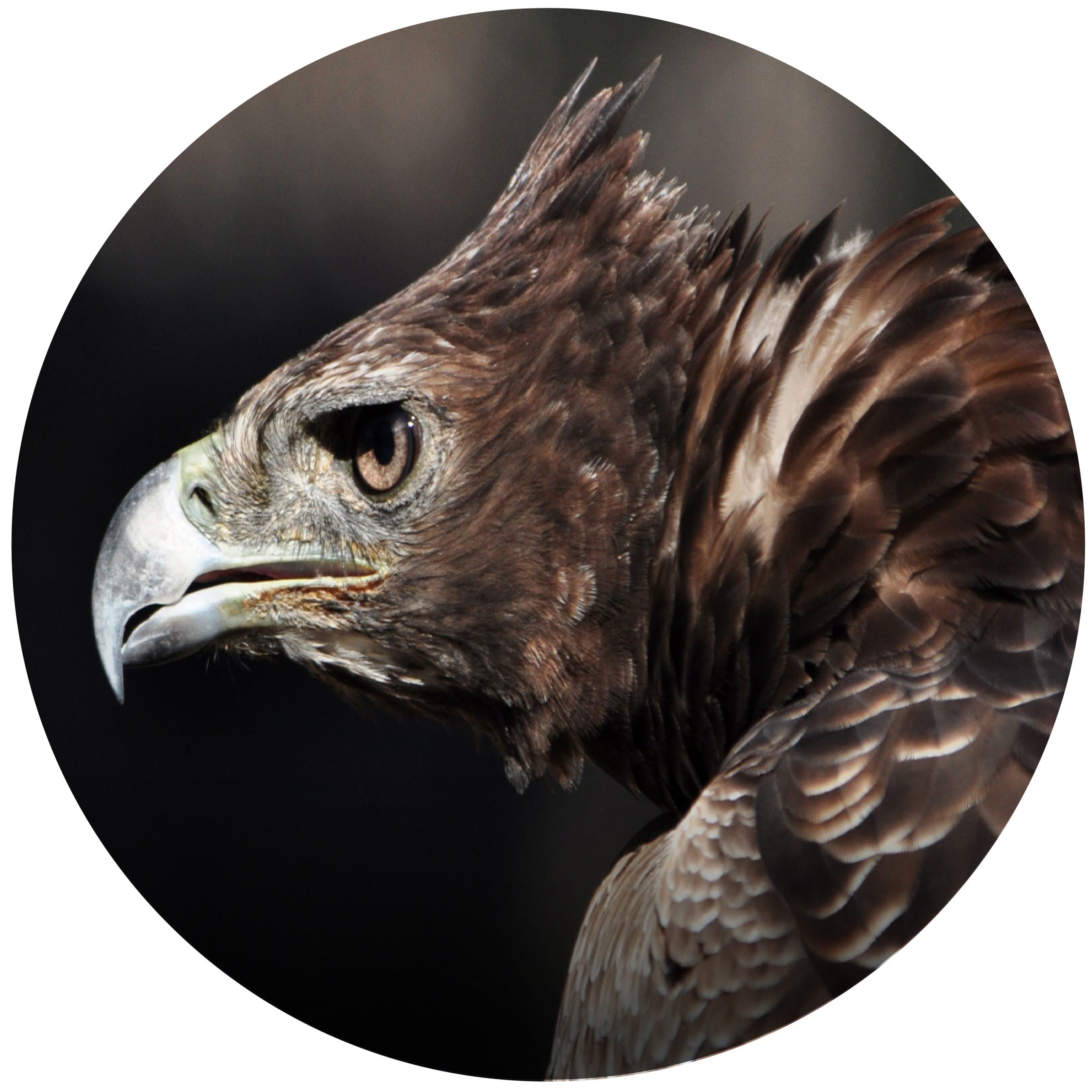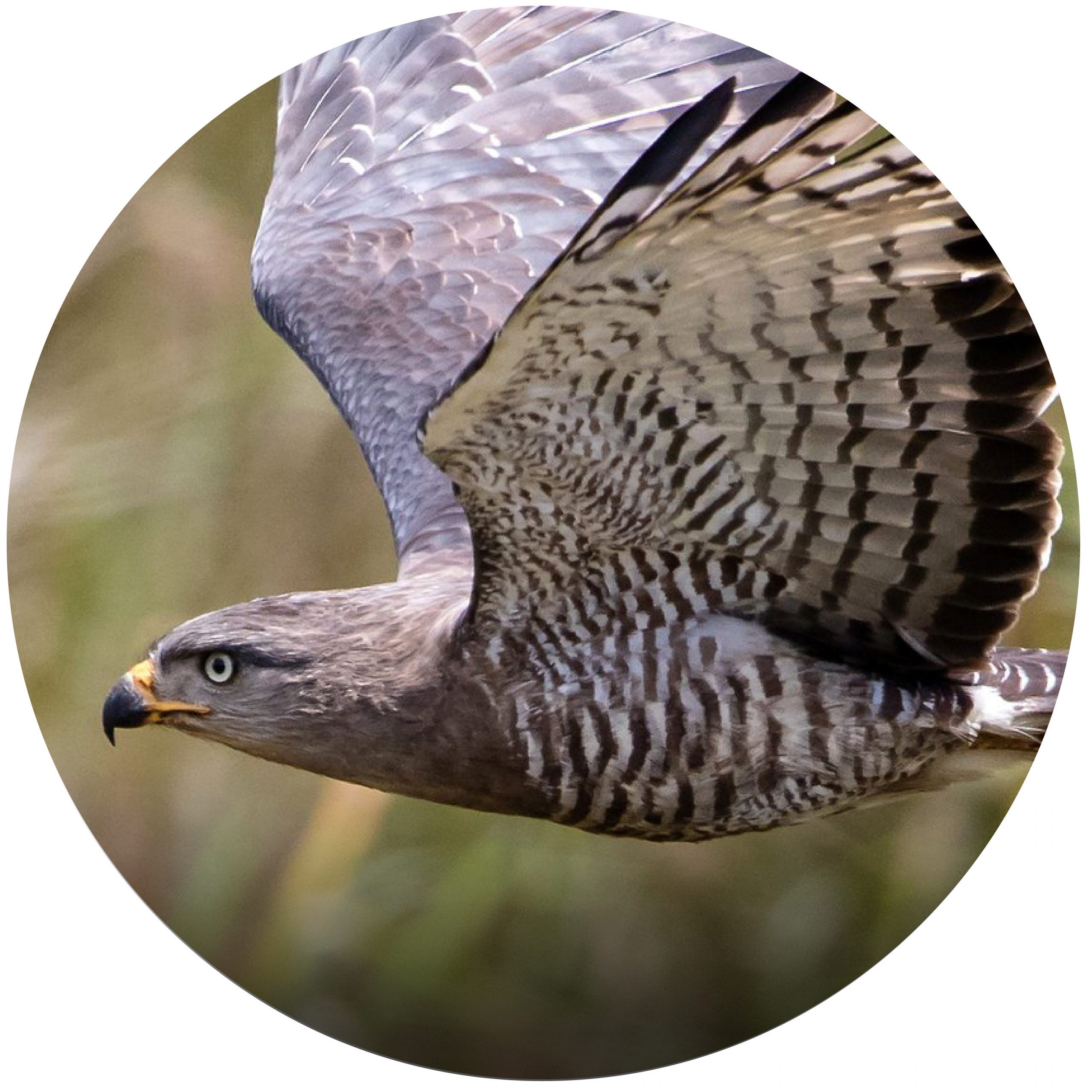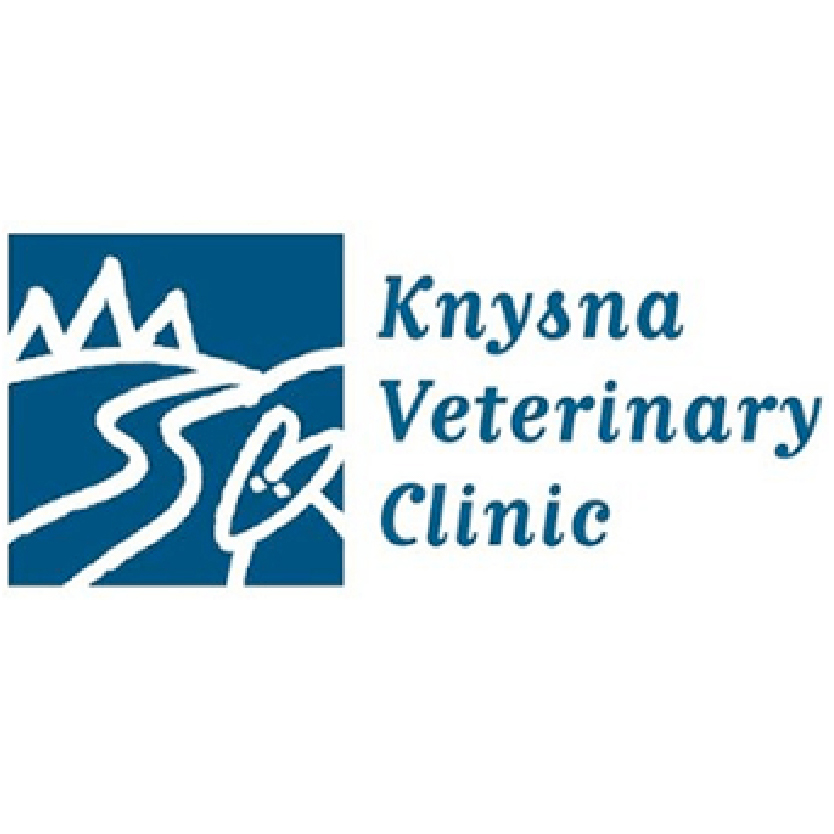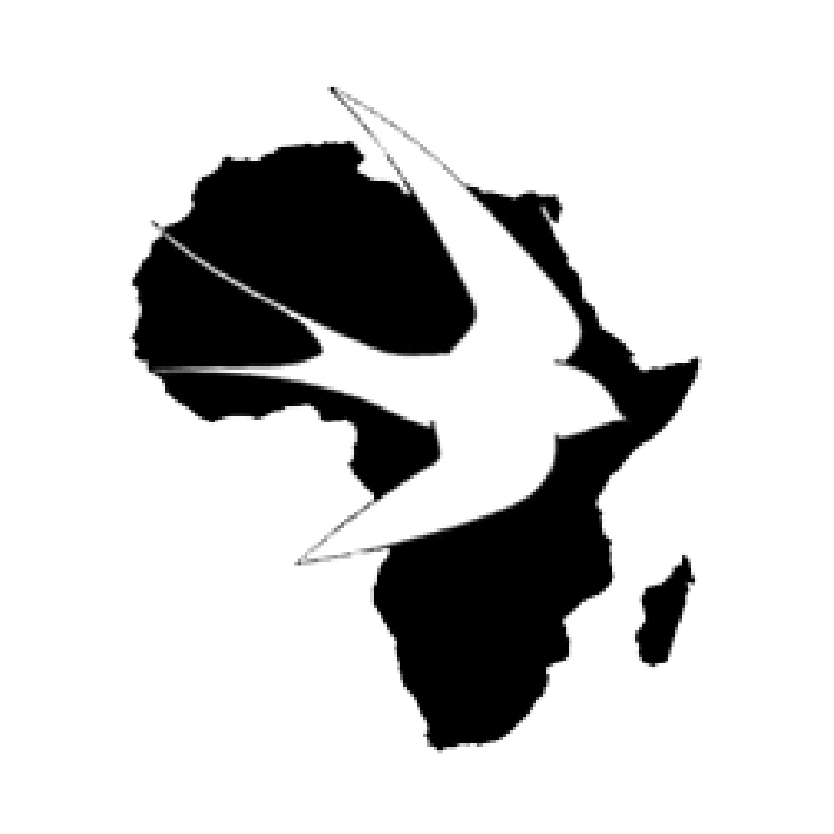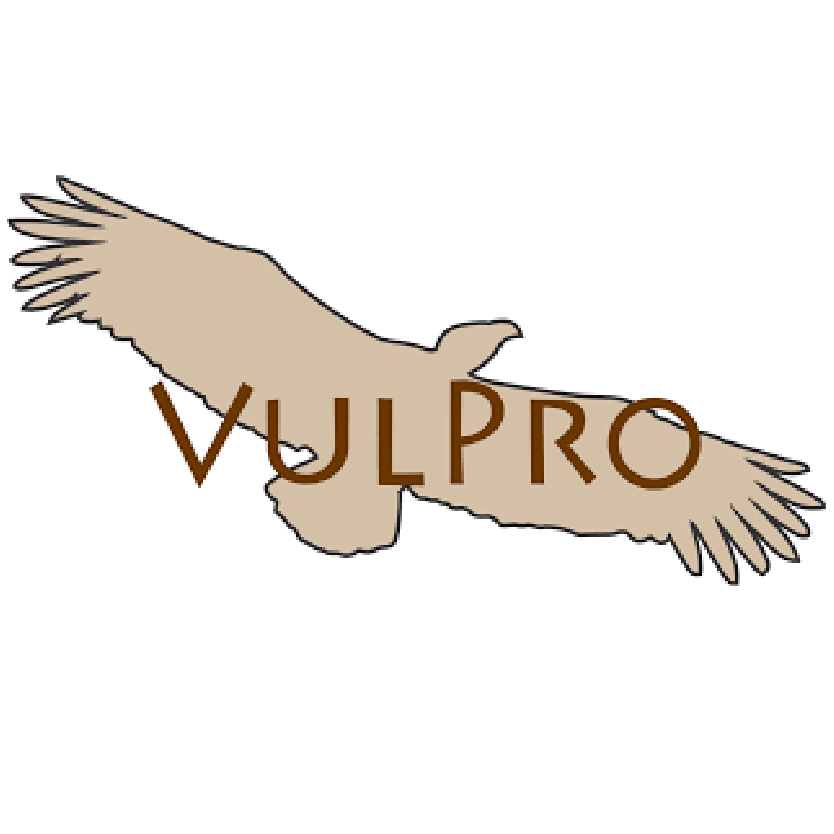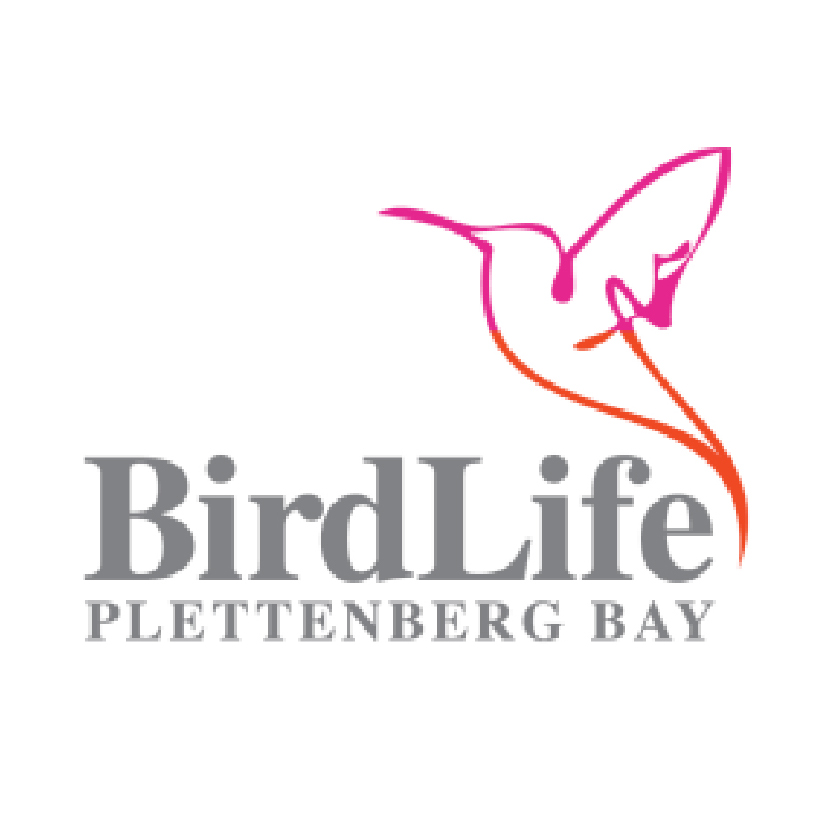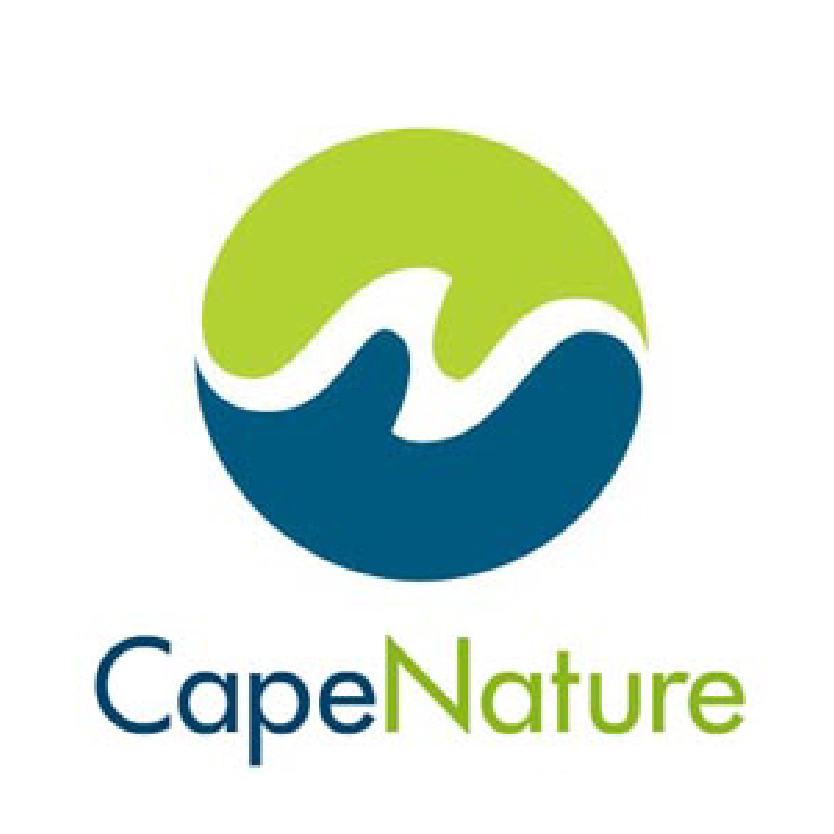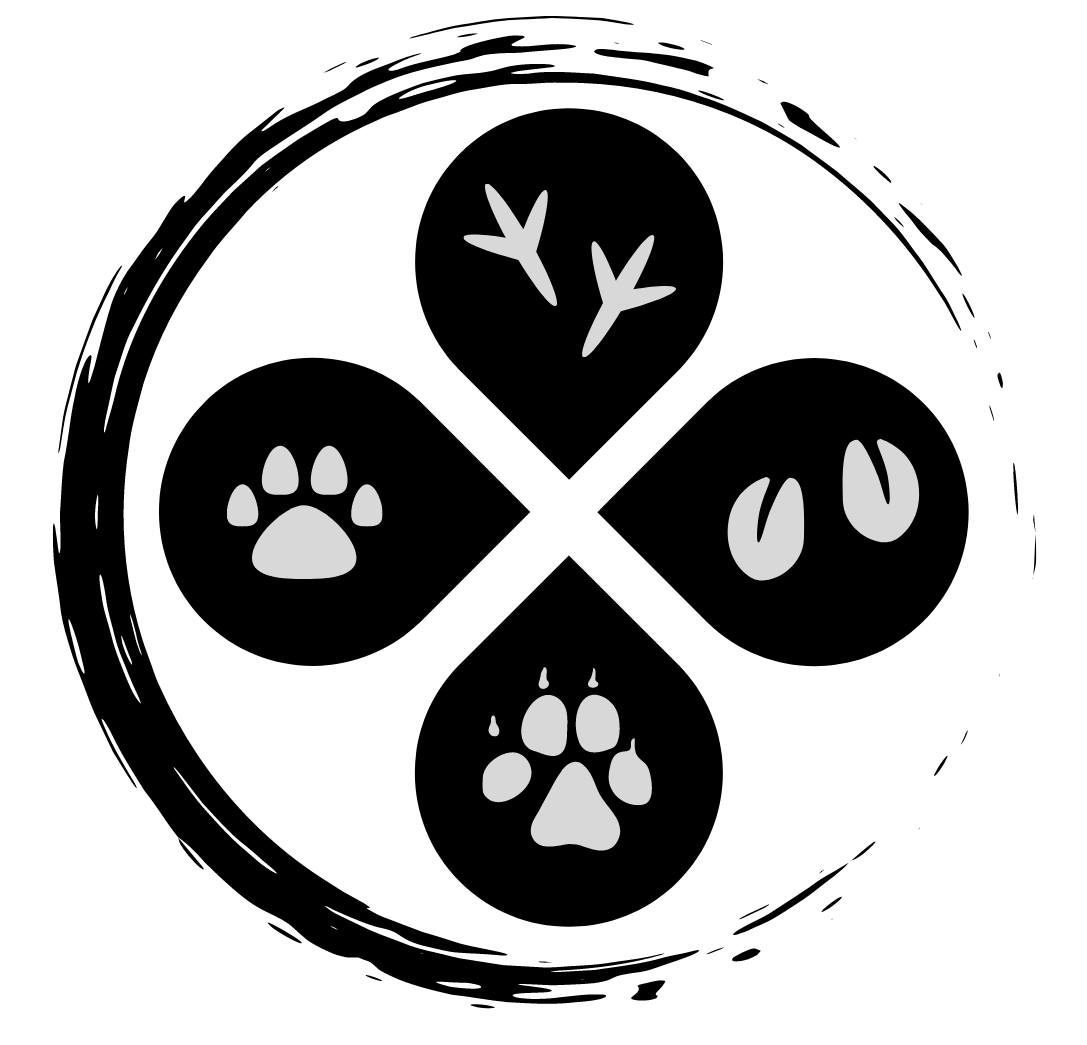Our role in conservation
Raptor Rescue Plettenberg Bay strives to provide the best after care and on site housing for the treatment and rehabilitation of birds of prey. We maintain ethical standards by working with professional veterinarians and birding conservationists. Our mission is to release as many indigenous birds as possible back into their natural habitat in the hopes that they can breed and increase wild raptor populations. Our primary objective is to educate and create awareness surrounding the importance of conserving raptors, and how the public are able to help.
What we do
Raptor & wildlife rescues
Bird of prey rehabilitation
Community awareness & education
Vulture Awareness
Tour times (Wed-Sun)
12:00PM & 2:00PM
Reception / shop
CALL TO BOOK (078) 135 3611
Where to find us?
THE HEATH, N2 PLETTENBERG BAY
Bird of prey rehabilitation
Long crested eagle
Released 25/07/2021
Plettenberg Manor
Peregrine Falcon
Released 05/07/2021
Plettenberg Bay
Forest Buzzard
Released 06/02/2021
Rheenendal, Knysna
African Harrier
Released 27/04/2021
Harkerville, Plett
Spotted Eagle Owl
Released 16/07/2021
Nature’s Valley
African Goshawk
Released 18/07/2021
Stofpad, Wittedrif
An unusual visitor
On the 30th April 2021 we received a call out for an injured African Grass Owl that was found on the N2 near the Rheenedal Turn off in Knysna. These owls are extremely rare in our area with a decreasing population count throughout South Africa. Unfortunately, the owl had a broken wing, having presumably, been hit by a car. Working closely with Dr Rolf Lamprecht and Dr Jean-Marie Eksteen and the team at Knysna Vet, we were able to set the break. After almost three months of intensive rehabilitation we began her release process.
The owl was fitted with a ring supplied by SAFRING #K34975, an institution managed by the University of Cape Town. All the necessary data was recorded by Dr Mark Brown, an expert in ornithology and one of our colleagues in raptor conservation. He was assisted by Kellyn Whitehead from Nature’s Valley Trust.
The owl was then ready for relocation to a suitable release site. We partnered with Tim and Anelilque Carr from Reflection Eco-reserve, a protected area of rehabilitated land, which hopefully, will provide the owl a suitable habitat, territory and, possibly, a mate. Tim helped with the construction of a slow release hack pen, kindly sponsored by Bird Life Plett. The owl settled into the enclosure and was allowed time to acclimatize to its new surroundings. On the 6th August the pen door was opened and the owl flew off strongly. It was a challenging project and we are super proud of the result.
What can you do?
SAY NO TO POISON
Despite what many people are told, no poison is safe. No Rodenticides are selective in what they kill, they are a danger to non-targeted wildlife as well as your pets. When rodents eat poisoned bait, death can take several days. During this time they roam freely and become weakened by internal bleeding, making them easier prey for predators. Poisoning is the leading cause of deaths in birds of prey and contributes hugely to the rapid decline of our raptor populations.
OWL BOXES
Owls live predominantly on rodents and can eat thousands in their lifetime. They are nature’s best and most effective controllers of rat pest populations. Owing to human encroachment many owls are battling to find suitable nesting sites in which to roost and breed. By providing safe and secure nesting boxes you can encourage these natural predators back into your gardens and farms. Owl boxes may be purchased directly from us, or if you are in the George area, the team at Garden Route Owl Box Project will be happy to assist you.
ECO-FRIENDLY PEST CONTROL
There are many options for controlling pest and rodent populations in and around your home. The best option is through humane exclusion, by eliminating sources of food and a way into your homes. Eco Solutions offer excellent tips and solutions on how to achieve this. There are also a number of Eco-friendly rat trap options. South African Trapping Systems donates R200 toward Vulpro with every A24 Rat & Mouse Trap purchased. The Owl Rescue Centre provides a great service for people residing in and around Johannesburg and Radical Raptors in Gouritzmond sells tried and tested live rat traps with service delivery in the Western Cape.
RE-CYCLE & RE-USE
Habitat destruction has been identified as the leading cause of biodiversity decline and species extinction. By recycling and reusing, we reduce demand and can reduce the rate of human encroachment. Forests support biodiversity, providing critical habitat for wildlife. They are destroyed by agricultural or urban development.
Owls DO NOT make good pets
Please give baby birds the best possible chance for survival and leave them in the wild where they belong! An uninjured bird found on the ground with few or no feathers needs to be returned to its nest. If you are able to locate the nest, simply warm the chick in your hands before returning it to the nest. Returning a cold bird to the nest may cause the parent to push the baby out the nest as it is trying to protect its warm eggs and/or young. Contrary to popular belief, the parents will not be frightened off by your scent. Most birds have a poor sense of smell. The parents will return to feed the baby if it calls for food. A fully feathered baby bird on the ground is likely a fledgling, a natural state of development in the bird’s life. Leave the area and keep pets and children away from the bird, and watch from a distance. If the parents do not return, call your nearest wildlife rehabilitation centre or vet.
DO NOT give food or water to a baby bird. Nutritional requirements are very specific and must be met if the bird has a chance of survival.
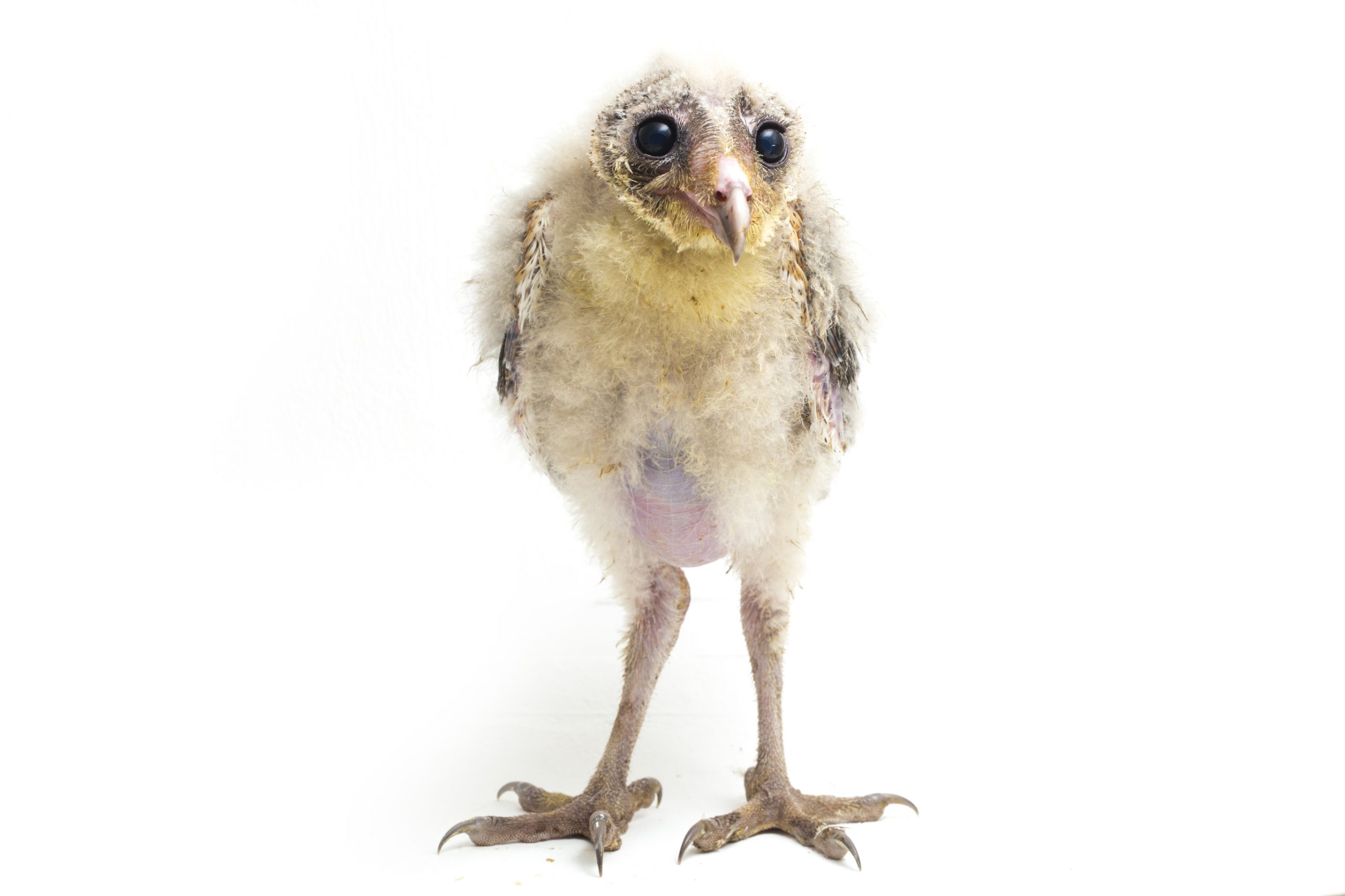
I found a baby bird, what Now?
Vulture conservation & education
Nature’s clean-up crew needs you!
Of the 23 species of Vultures found worldwide, 16 are classified as either Near-Threatened, Endangered or Critically Endangered. 3 of South Africa’s 8 vulture species (including the once-prolific White-backed Vulture) are now regarded as Critically Endangered globally.
Vultures are primarily scavengers that feed on dead animals. They rarely prey on healthy animals but may kill an ill or injured one. By quickly disposing of carrion, vultures prevent the transmission of diseases such as anthrax, rabies and tuberculosis. They are extremely important in maintaining a healthy ecosystem. They provide huge economic benefits through saved human health care expenses, waste disposal services and tourism.
Vultures are particularly vulnerable to poisoning due to their communal feeding habits, one poisoned carcass has the capacity to kill hundreds of vultures. The rapid decline of most vulture species is due to an anti-inflammatory drug, Diclofenac. Diolofenac is used by farmers to treat arthritis in cattle and other livestock. It causes lethal kidney failure to many vultures that feed on carcasses of treated animals. Poachers also poison rhino and elephant kills to prevent vultures drawing attention to the carcasses.
Throughout Africa, vultures are heavily exploited by illegal wildlife traders. There is both local and international demand for their body parts which are believed to have traditional medicinal healing properties. Another huge threat to vultures is habitat loss through urbanization, electrocution through collisions with power lines and collisions with wind turbines. This threat is increasing in both Southern and North Africa as electrical infrastructure development with more power lines and wind farms increases.
It is important that we are educated on ways in which to conserve these magnificent birds and how we can assist the organizations that are working toward saving them.
How can you help us?
Visit our Awareness Centre
Sponsor a Resident Bird
Support our shop
Review us on Tripadvisor & Google
Share our stories
Photography credits
Long crested eagle, peregrine falcon, slow release enclosure, White backed vulture, Hooded vulture, White headed vulture, Crowned eagle, Secretary bird – Michael Bridgeford / Spotted eagle owl – Hanlie Roux / Ringing Grass owl, African harrier release – Grace Harrison / Bearded vulture – Bruce Ward Smith / Black harrier, Southern banded snake eagle – Ernest Porter
